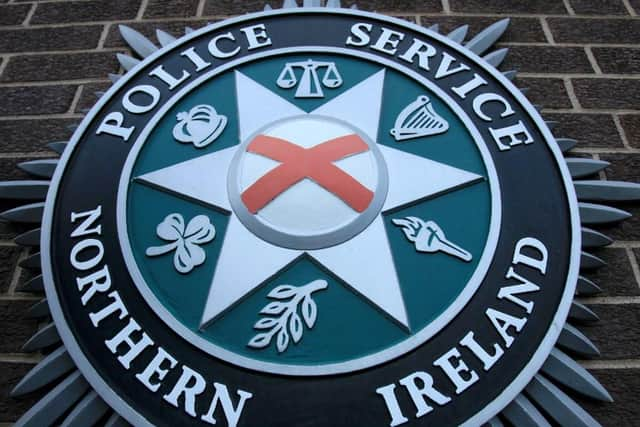Domestic abuse in NI during lockdown and it's what many experts feared would happen
and live on Freeview channel 276
The number of incidents of domestic violence reported to the PSNI since lockdown was introduced on March 23 is more than the number of incidents reported to the PSNI for the same period in 2019.
Statistics released by the PSNI on Wednesday show a total of 7,000 incidents of domestic violence were reported to the PSNI from the introduction of the lockdown on March 23 to June 9.
Advertisement
Hide AdAdvertisement
Hide AdThe total number of incidents reported for the same period in 2019 was 5,911 - this means the number of incidents of domestic violence reported to the PSNI during the lockdown increased by approximately 18.5 per cent.


The information contained within the report is taken from the PSNI’s Command and Control System and is based on all calls for service which have either been opened or closed on a code that is used to identify potential domestic abuse
The weekly number of domestic abuse calls received by the PSNI has been consistently higher than the weekly average since week beginning April 1, 2020.
The report also reveals there was a spike of 721 in the number of cases reported to the PSNI during the Easter break.
Advertisement
Hide AdAdvertisement
Hide AdThere was another and much more recent spike towards the end of May when 727 cases were reported to police from May 27 to June 2.
The PSNI adopted the definition of domestic abuse as outlined in the 2016 Northern Ireland Government Strategy ‘Stopping Domestic and Sexual Violence and Abuse in Northern Ireland’ as: ‘threatening, controlling, coercive behaviour, violence or abuse (psychological, virtual, physical, verbal, sexual, financial or emotional) inflicted on anyone (irrespective of age, ethnicity, religion, gender, gender identity, sexual orientation or any form of disability) by a current or former intimate partner or family member’.
